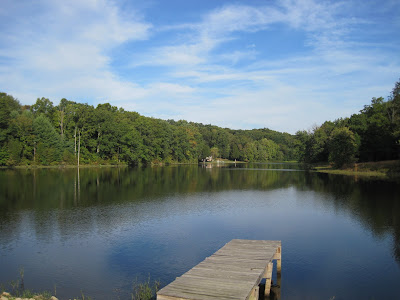 This is not our attempt to re-create the Reformation.
This is not our attempt to re-create the Reformation. "There are those who seem to wish to do so. They long for a Restoration. They would recover the old Confessions; constitute a catechism; rewrite the Tablets, even revert to sixteenth-century architecture.
Idolatry is not essentially the worship of a statue (in Iona or anywhere else!) Idolatry is essentially the worship of a static God....Our God is a God that moves. The paradox of his changelessness is that He is in constant motion. The sixteenth-century Reformers knew this. One of their mottos was 'A Reformed Church is forever to be reformed'. Thus to be true to them is to be imbued with the same Spirit that informed them. It is, like them, to be concerned only with how to make God living and relevant to one's own age." George MacLeod Founder of the IONA Community
MacLeod argued that most reforms had come, not because the Church had initiated them, but because of inexorable pressure from outside, and that it was more fruitful to look at the contemporary environment to see what it is saying to the Church than to look at the Reformers' insights and to try and recover them.
It is in this same Celtic spirit of Iona, that I post Brian D. McLaren's 96th Thesis (actually composed of 10 questions.)
Ten Questions to stimulate response: Preparations for the journey ahead.
1. Narrative question: What is the overarching story line of the Bible?
2. Authority question: How should the Bible be understood?
3. God question: Is God violent?
4. Jesus question: Who is Jesus and why is he important?
5. Gospel question: What is the gospel?
6. Church question: What do we do about the church?
7. Sex Question: Can we find a way to address human sexuality without fighting?
8. Future question: Can we find a better way of viewing the future?
9. Pluralism question: How should followers of Jesus relate to people of other religions?
10. What-do-we-do-now question: How can we translate our quest into action?
Remember that responses are not answers, which tend to end conversations even before they begin. Responses seek to stimulate more conversation and get the ball rolling.
To actually begin the journey, we need to address the short comings of where we actually find ourselves today and join him in confessing them to the watching world. Once again McLaren leads the way:
We acknowledge that we have made a mess of what Jesus started.
We choose not to defend what we have done and what we have become.
We understand that many good Christians will not want to participate in our quest, and we welcome their charitable critique.
We acknowledge that we have created many Christianities up to this point, and they call for reassessment, and, in many cases, repentance.
We choose to seek a better path into the future than the one we have been on.
We desire to be born again as disciples of Jesus Christ.
We pray that God will create something new and beautiful in and among us for the good of all creation and to the glory of the living God.
We need to evoke new ways of being, and being with one another. A new inner ecology, a spirituality of inner transformation via community, a growing and expanding network of connectivity. A people of "orthopathy" with distinct orientations of the blossoming fruit of the Spirit - love, joy, peace, patience, kindness, goodness, faithfulness, gentleness, and self-control.
Orthodoxy: good thinking
Orthopathy: good being
Ortho-affinity: good relating
All three must interact and express themselves through Orthopraxy: good work and practice in the world, the creation God made, loves and will never abandon or betray.
We express our dependence on the gracious Holy Spirit, from whom we receive life and every good thing, in whom we live, move and have our being, and toward whom we move in our journey through this life.
We embark on our quest, launched by prayer.......
Amen,
O'
Adapted from A New Kind of Christianity by Brian D. McLaren










